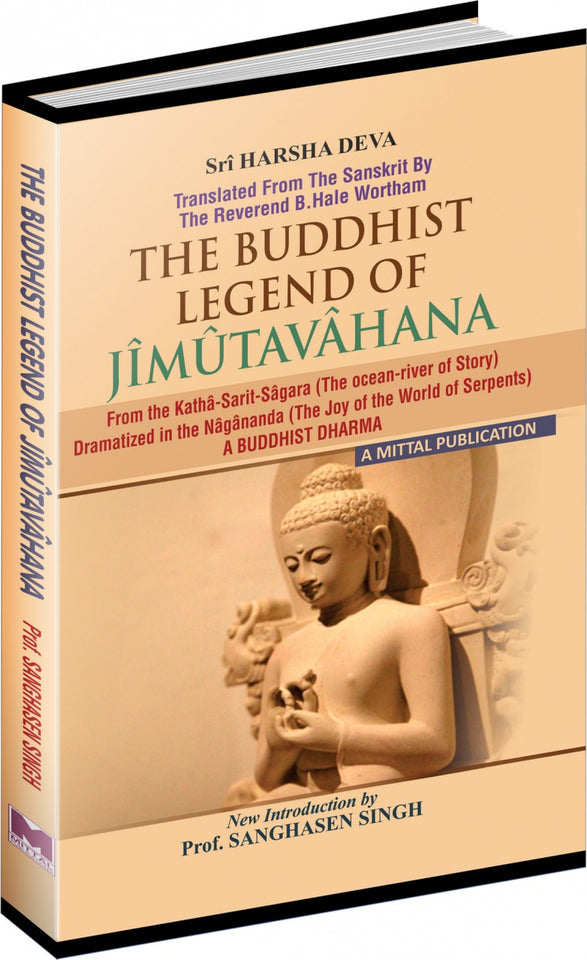The Buddhist Legend Of Jimutavahana
Regular price
Rs. 500.00
The Buddhist legend of Jimutavahana is related twice in the course of the Kathasaritsagara and is dramatised in a pla called the Nagananda. The first of these works, the title of which means the ?Ocean-River of Story?, is a production of the 10th or 11th century A.D. It is entirely in verse, founded by its author, Somadeva, on an earlier collection of existing legends related in a work called Vrihat Katha, which goes back to the 2nd century A.D. The drama, Nagananda, follows the line of the legend very closely, as given in the 22nd Chapter of Kathasaritsagara. The authorship is uncertain, though all duly qualified judges assign 7th century A.D. as the date of its composition. A very interesting point about the drama is its religious atmosphere. It is a practical exposition of the doctrines and practices of Buddhism. The character of Jimutavahana is carefully drawn and is worth studying.
Sri Harsha Deva (sri Harsha, Harshavardhana). A Sanskrit dramatist and king of Kanauj (606-48). Himself a poet of no mean order, he was agreat patron of poets, prominent among them were Bana, Mayura and Matangadivakara (qq.v). Three plays, viz., the Ratnavali, Priyadarsika and Nagananda (qq.v) are ascribed to him; doubts have, however, been raised regarding Harsha’s authorship of all these plays, mainly on the strength of a stray remark of Mammta in his Lavya-prakasa and the explanation of the same by some of the commentators; Bana, however, praises his patron Harsha as being endowed with poetic genius. I-tsing (end of the 7th cent.) records that king Siladitya (i.e., harsha) verified the story of Bodhisattva Jimutavahana and acted it on the stage; Damodaragupta in his Kuttanimata ascribed the Ratnavali to a royal author. In comparison with Kalidasa and earlier dramatist, Sri-Harsha is much inferior in art and stule, there begin not much originality, but he has effectively devised the plot in both the Ratnavali and Priyadarsika; the emotion of love is noble and gay. In the Nagananda, “Harsha rises in depicting the emotions of self-sacrifice, charity, magnanimity, and resolution in the face of death.
Guaranteed Safe Checkout





